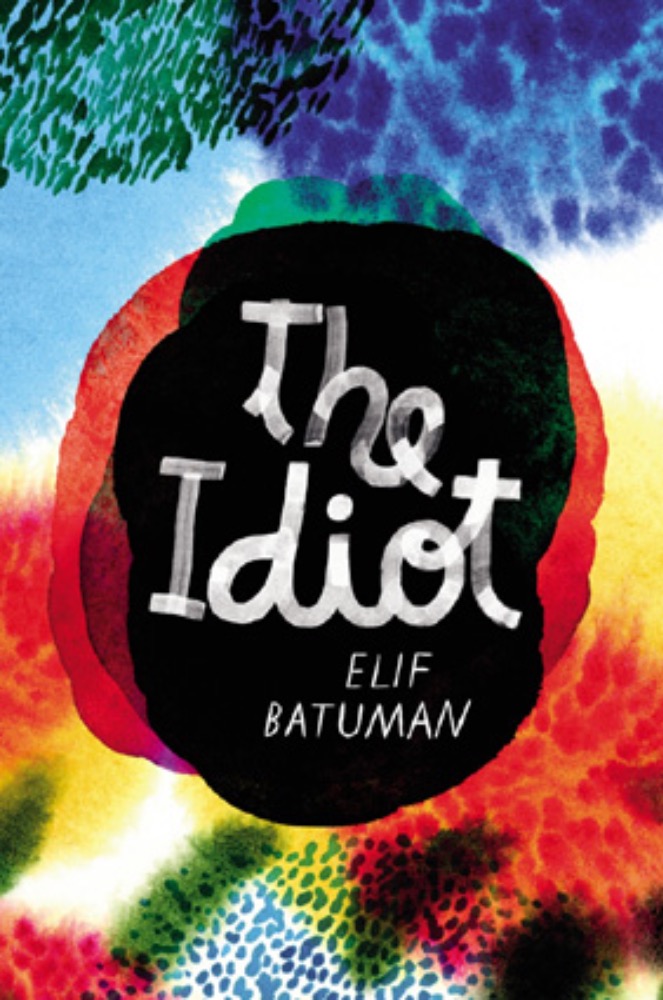The Idiot

This novel made me feel nostalgic. Set at Harvard in the mid-to-late 1990s Elif Batuman’s “The Idiot” follows a freshman named Selin as she navigates the uncertain territory of college life, young love and finding a direction in life. I went to college at this exact same time in Boston (at a much smaller, non-ivy league school) and shared many of Selin’s experiences of starting to use email for the first time and riding on the T or the MBTA subway around the city. Selin comes from a privileged Turkish background and vaguely wants to be a writer (although when her first short story is published she finds no joy in it and even feels embarrassed.) She studies literature and languages: Russian, in particular. A large portion of this novel is taken up with the intricacies of campus living and then follows Selin to Hungary where she attempts to teach English in small villages. It’s plot is somewhat aimless – just as Selin’s life is somewhat aimless as she grapples to find meaning and purpose. This is the kind of book that is bound to frustrate and bore some readers (I definitely felt this way through some parts), but it also has a bewitching sense of humour and an endearingly oddball sensibility.
Something I really enjoyed in the first section of this novel were periodic exercises in Selin’s Russian class that involved learning the language through ‘The Story of Nina’. This is the journey of a fictional character named Nina who seeks to find a man that she loves who has moved away to work. There’s a special kind of absurdity in exercise books about characters acting out situations for the benefit of demonstrating grammar and phrases for students of language. They state things in non-realistic and obvious ways. This was the basis for Eugene Ionesco’s classic absurdist play ‘The Bald Soprano’ where two English couples out of a ‘learn English textbook’ The Smiths and The Martins converse in a way that is increasingly bombastic and fragmented. Selin feels an odd connection with Nina’s ongoing saga: “Of everything I had read that semester, ‘The Story of Nina’ had somehow spoken to me the most directly, and had promised to reveal something about the mysterious relationship between language and the world.” It shows how Selin isn’t just seeking an academic career, but longs to better understand an individual’s relationship to their experiences and how those experiences are coded in language.